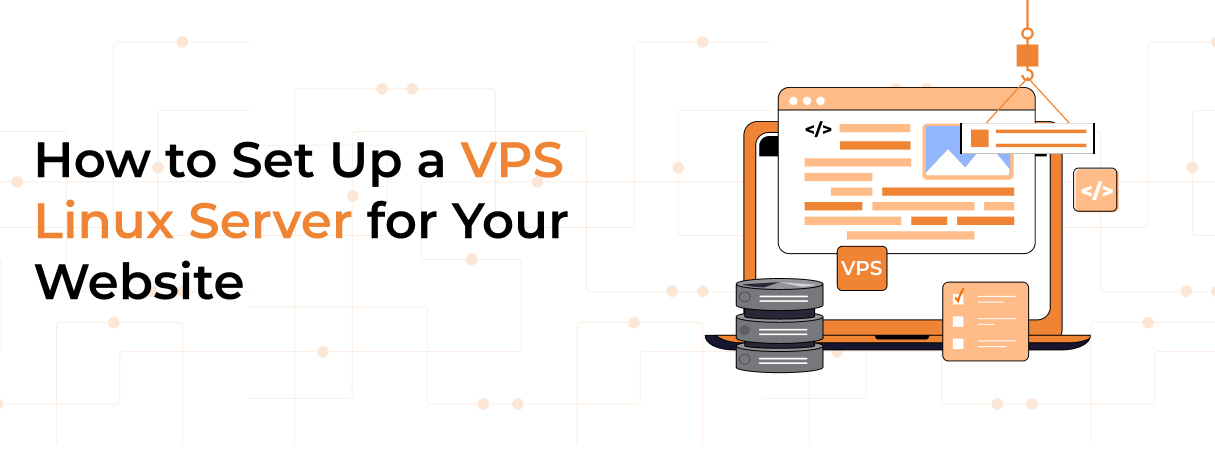In the rapidly evolving landscape of web hosting, edge computing has emerged as a transformative technology. This blog post delves into what edge computing is, its benefits, and its implications for web hosting, helping you understand why it’s becoming a game-changer for modern websites.
Table of Contents
What is Edge Computing?
Edge computing refers to the practice of processing data closer to the data source, such as IoT devices or local servers, rather than relying on centralized data centers. This approach reduces latency, increases speed, and improves the overall performance of applications by minimizing the distance data must travel. Essentially, edge computing brings computation and data storage nearer to the location where it is needed, which is often referred to as “the edge” of the network.
The Benefits of Edge Computing in Web Hosting
Reduced Latency: One of the main advantages of this technology is its ability to reduce latency significantly. Traditional cloud computing often relies on distant data centers, leading to delays. Processing data closer to the user, it ensures faster load times and smoother experiences, which is vital for real-time applications like online gaming and video streaming.
Enhanced Performance: This technology distributes the computational load across multiple nodes closer to end-users. This distribution improves performance and reliability since data doesn’t have to travel long distances. Websites and applications hosted on these servers can manage higher traffic volumes and maintain consistent performance during peak usage times.
Improved Security: Processing data at the edge enhances security by reducing the amount of data transmitted over the internet. Sensitive information can be analyzed and filtered locally, limiting exposure to potential cyber threats. Furthermore, edge computing can implement localized security protocols tailored to specific environments, providing an additional layer of protection.
Cost Efficiency: By reducing the need for extensive data transfer to centralized data centers, edge computing can lower bandwidth costs. It also allows for more efficient resource utilization, as data is processed locally. This can result in significant cost savings, especially for businesses with extensive data processing requirements.
Implications for Web Hosting
Content Delivery Networks (CDNs): CDNs cache content closer to users, improving delivery speed. This has evolved to include dynamic data processing, boosting web app speed and responsiveness. This ensures efficient delivery of both static and dynamic content, enhancing web performance.
IoT Integration: As the Internet of Things (IoT) continues to grow, the need for real-time data processing becomes critical. Edge computing enables IoT devices to process data locally, reducing the burden on central servers and ensuring timely responses. This integration is particularly beneficial for applications requiring immediate data analysis, such as smart homes and autonomous vehicles.
Scalability: Edge computing supports scalable web hosting solutions by distributing workloads across multiple edge nodes. This decentralization allows web hosts to scale their infrastructure seamlessly, handling increased traffic and data processing demands without compromising performance. It also ensures higher availability and resilience against failures.
Enhanced User Experience: By leveraging edge computing, web hosting providers can offer enhanced user experiences with faster load times, reduced buffering, and more responsive applications. This improvement is crucial in today’s competitive digital landscape, where user experience directly impacts engagement and retention rates.
Conclusion
Edge computing is revolutionizing web hosting by bringing data processing closer to the user, resulting in reduced latency, enhanced performance, improved security, and cost efficiency. As businesses and web hosting providers continue to adopt this technology, we can expect a significant transformation in how web applications are delivered and experienced. Embracing edge computing is not just a technological upgrade; it’s a strategic move towards future-proofing web infrastructure and ensuring superior user experiences.
For more insights and updates on web hosting technologies, stay tuned to HostByte’s blog.




















